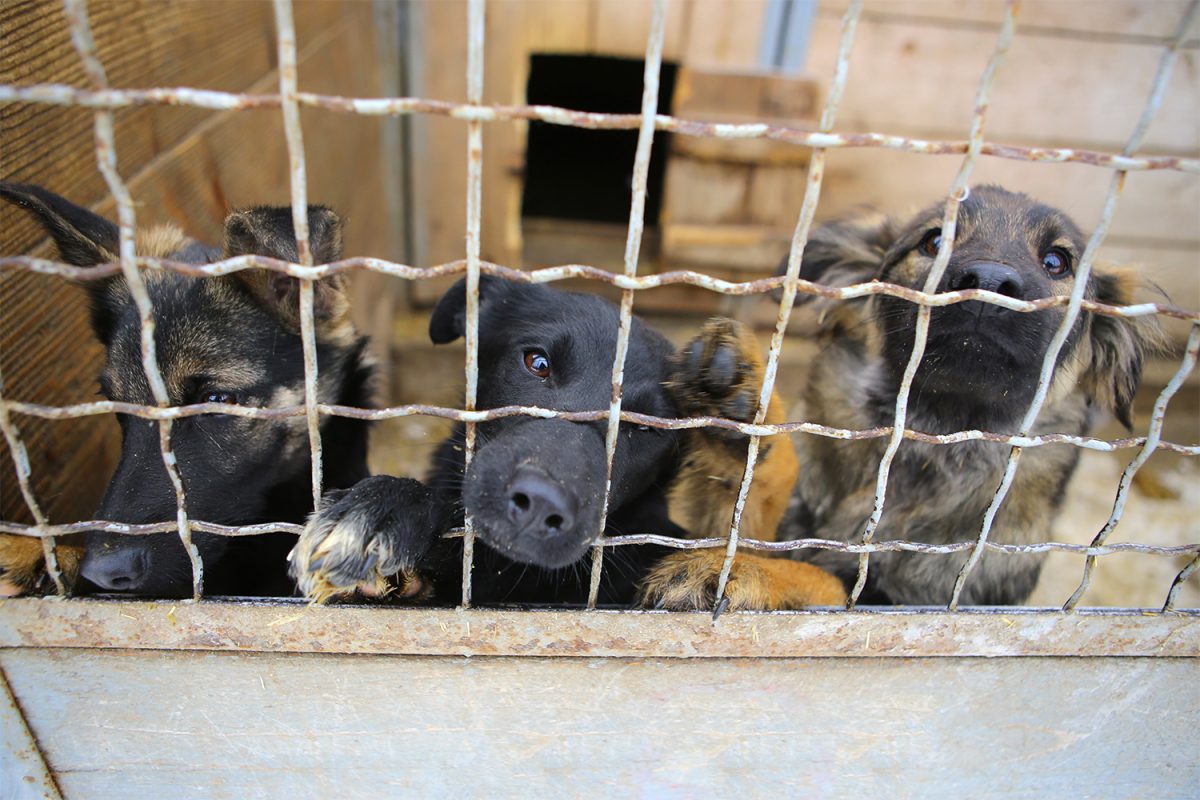Buddy is a mutt. He is nearly 10, his vision is poor, and he has a rough black-and-white coat. He’s seen hundreds of other dogs come and go through his shelter.
But now space is cramped, and Buddy has had his chance. The shelter decides it’s too much to keep supporting him and determines it’s best to put him down.
This is the reality for many shelter animals in Iowa. Space, age, health, and other factors force shelters to euthanize animals. But states such as New Hampshire, Delaware, and most recently Utah have moved statewide toward no-kill shelters, and Iowa should join them.
I understand why shelters feel the need to euthanize animals. These shelters often have policies to not turn away any animals. As a result, they take on the burden of housing, cleaning, and feeding animals rejected by other shelters, and sometimes they feel the most financially or ethically responsible decision is to euthanize.
Best Friends, a no-kill organization, defines “no-kill” as saving 90 percent of the animals taken in by a shelter.
We have seen cities and states transition to no-kill and succeed.
Since 2010, Austin, Texas, has met this benchmark by promoting cooperation between local government, shelters, and the community. This includes increasing foster homes, government funding for spaying and neutering, and shelters providing free microchips to pet owners.
Achieving no-kill status in a state or city requires community participation and responsibility from pet owners. Many pet owners don’t have their pets spayed or neutered, leading to owner surrenders and fueling puppy mills.
A 2022 Humane Society report found that Iowa had 17 of the top 100 puppy mills in the country.
Responsible laws and pet ownership will help to reduce the number of unwanted pets ending up in shelters. Stricter laws can crack down on inhumane puppy mills. The government can also support shelters by providing spay and neuter services, like in Austin.
We must remember that animals are living beings dependent on us. Many are born and abandoned due to our neglect, abusive practices, and desire for “perfect” pets. A society that values animals as much as ours does must collectively holds the responsibility that comes with it.
Iowa must become a no-kill state, but achieving this will require active participation from both the government and the community. Other states and cities have done so through government support for pet owners and shelters, along with responsible pet ownership.
For now, dogs and cats like Buddy in Iowa are at risk of being euthanized simply because they were born in the wrong part of the country. But with a shift in government and community philosophy, they might get to live another day.



